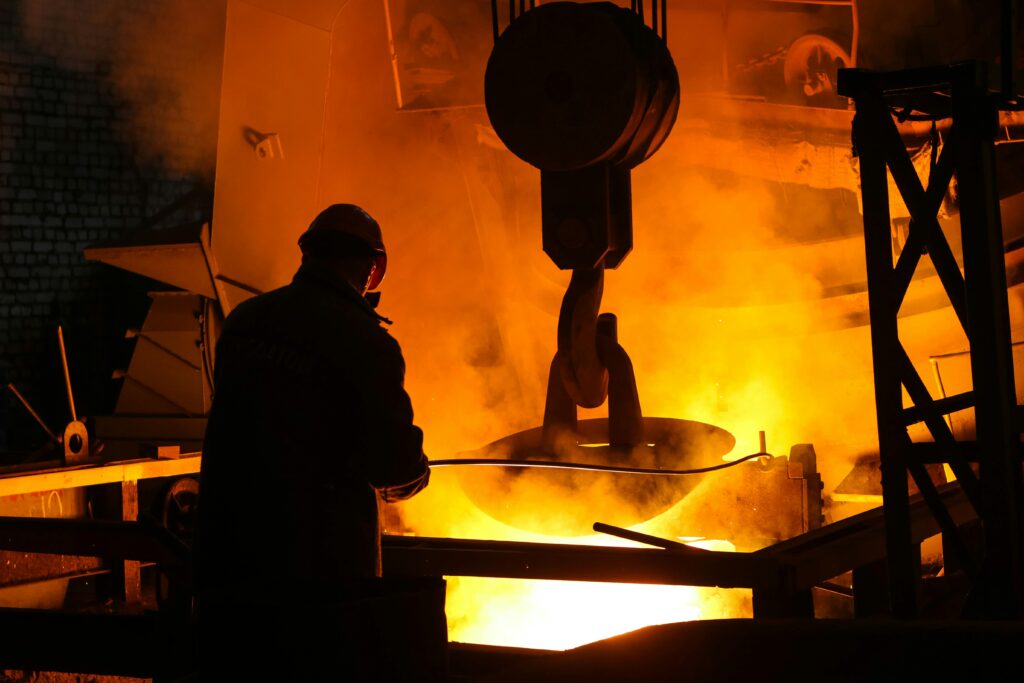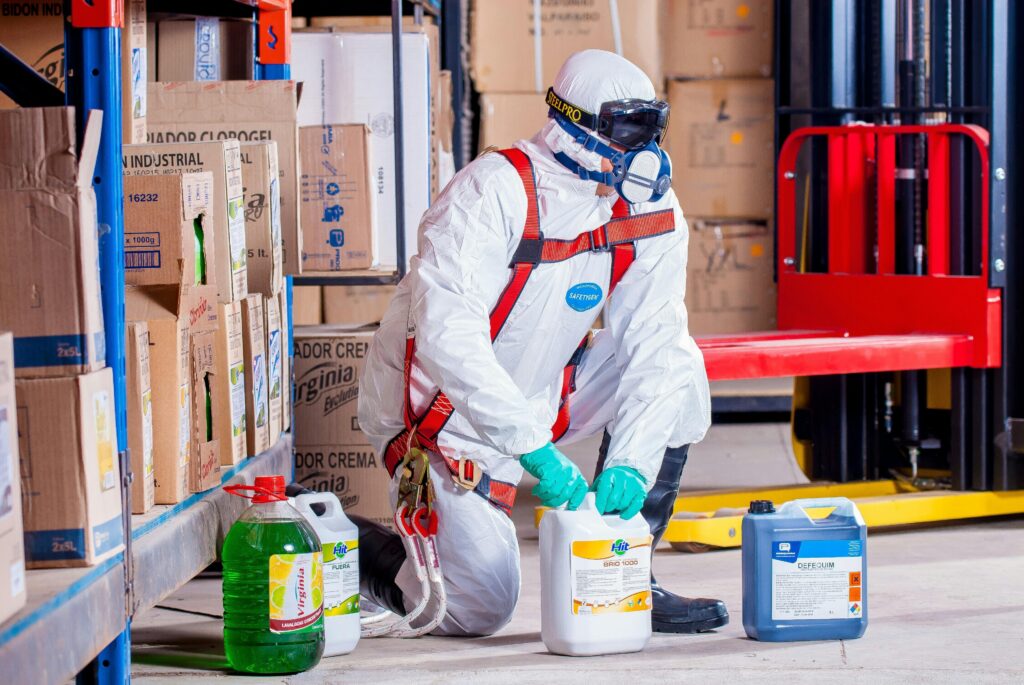YOUTH EMPLOYMENT IN NEVADA THIS SUMMER
Summer is almost here. The approaching summer may conjure visions of family vacations, backyard barbeques, and trips to the water park. However, for many young people across the state, it means an opportunity to earn spending money through summer employment.
Hiring minors this summer can be a win-win for organizations. It offers a chance to meet increased staffing needs during the summer months while also providing significant benefits to young people. Through part-time summer jobs, minors can gain valuable job-related skills, cultivate a sense of responsibility and reliability, and learn important principles of money management and financial responsibility.



However, youth employment comes with some restrictions — based on the age of the minor and the work they are performing. Both federal and state law set parameters for employing minors. Those rules apply year-round, but as summer break approaches, now is a good time to get a refresher on those youth employment rules.
Understanding Youth Employment
While the benefits of hiring teens are clear, it’s crucial to remember that child labor laws remain in effect, even during school breaks. Adhering to these regulations ensures a safe and compliant working environment for young employees. Here’s a breakdown of the key rules for employing minors under 18:
Minors Ages 14 – 15
Employing minors under the age of 16 has the most restrictions. While they can be employed in any of the permissible occupations, they are confined to the following periods:
- Outside of School Hours: Any period of time when school is not in session, including holidays, weekends, summer breaks, and before or after school hours.
- Daily Hours: No more than 3 hours in any day when school is in session. No more than 8 hours in any day when school is not in session.
- Weekly Hours: No more than 18 hours in any week when school is in session. No more than 40 hours in any week when school is not in session.
- Working Hours: Generally, between the hours of 7 am and 7 pm, except in summer (June 1 through Labor Day) when the evening hours extend to 9 pm.
Permitted Work or Occupations
Minors under the age of 16 are authorized to work in any of the following occupations during hours as outlined above:
- Office and clerical work;
- Work of an intellectual or artistically creative nature;
- Bagging and carrying out customer’s orders;
- Cashiering, selling, modeling, art work, advertising, window trimming, or comparative shopping;
- Pricing and tagging goods, assembling orders, packing, or shelving;
- Clean-up work and grounds maintenance—the young worker may use vacuums and floor waxers, but he or she may not use power-driven mowers, cutters, and trimmers;
- Work as a lifeguard at a traditional swimming pool or water amusement park if at least 15 years of age and properly certified;
- Kitchen and other work in preparing and serving food and drinks, but only limited cooking duties and no baking;
- Cleaning fruits and vegetables;
- Cooking with gas or electric grills that do not involve cooking over an open flame and with deep fat fryers that are equipped with and utilize devices that automatically lower and raise the baskets in and out of the hot grease or oil;
- Clean cooking equipment, including the filtering, transporting and dispensing of oil and grease, but only when the surfaces of the equipment and liquids do not exceed 100° F;
- Pumping gas, cleaning and hand washing and polishing of cars and trucks (but may not repair cars, use garage lifting rack, or work in pits);
- Wrapping, weighing, pricing, stocking any goods as long as he or she doesn’t work where meat is being prepared and doesn’t work in freezers or meat coolers;
- Delivery work by foot, bicycle, or public transportation;
- Riding in the passenger compartment of a motor vehicle except when a significant reason for the minor being a passenger in the vehicle is for the purpose of performing work in connection with the transporting—or assisting in the transporting of—other persons or property;
- Loading and unloading onto and from motor vehicles, the hand tools and personal equipment the youth will use on the job site.
Prohibited Work or Occupations
Minors under the age of 16 are prohibited from working in any of the following occupations:
- Hazardous jobs identified by the Secretary of Labor;
- Manufacturing, processing, and mining occupations;
- Communications or public utilities jobs;
- Construction or repair jobs;
- Operating or assisting in operating power-driven machinery or hoisting apparatus other than typical office machines.
- Work as a ride attendant or ride operator at an amusement park or a “dispatcher” at the top of elevated water slides;
- Driving motor vehicles or helping a driver;
- Youth peddling, sign waving, or door-to-door sales;
- Poultry catching or cooping;
- Lifeguarding at a natural environment such as a lake, river, ocean beach, quarry, pond;
- Public messenger jobs;
- Transporting persons or property;
- Workrooms where products are manufactured, mined or processed;
- Warehousing and storage.
- Boiler or engine room work, whether in or about;
- Cooking, except with gas or electric grills that do not involve cooking over an open flame and with deep fat fryers that are equipped with and utilize devices that automatically lower and raise the baskets in and out of the hot grease or oil;
- Baking;
- Operating, setting up, adjusting, cleaning, oiling, or repairing power-driven food slicers, grinders, choppers or cutters and bakery mixers;
- Freezers or meat coolers work, except minors may occasionally enter a freezer for a short period of time to retrieve items;
- Loading or unloading goods on or off trucks, railcars or conveyors except in very limited circumstances.
- Meat processing and work in areas where meat is processed;
- Maintenance or repair of a building or its equipment;
- Outside window washing that involves working from window sills;
- All work involving the use of ladders, scaffolds, or similar equipment;
- Warehouse work, except office and clerical work.
Minors Ages 16 – 17
Once minors become 16 years of age, the rules on work hours and occupations ease a bit. However, there are still limitations on youth employment for those who are 16 and 17 years old.
There are no limits on the working hours of minors 16 years and older. However, unless those minors have graduated or otherwise been excused from compulsory school attendance, they would have limited availability for work during school hours while school is in session.
Minors ages 16 and 17 are prohibited from engaging in the types of work that have been designated as hazardous by the Secretary of Labor. The rules prohibiting working in hazardous occupations apply either on an industry basis, or on an occupational basis no matter what industry the job is in. Parents employing their own children are subject to these same rules.
These rules prohibit work in or with the following: manufacturing and storing or explosives; driving a motor vehicle and being an outside helper in a motor vehicle; mining, including coal mining; forest fire fighting and fire prevention, timber tract management, forestry services, logging, and saw mill occupations; power-driven woodworking machines; exposure to radioactive substances; power-driven hoisting apparatus; power-driven metal-forming, punching, and shearing machines; meat and poultry packing or processing (including the use of power-driven meat slicing machines); power-driven bakery machines; balers, compactors, and paper-products machines; manufacturing brick, tile, and related products; power-driven circular saws, band saws, guillotine shears, chain saws, reciprocating saws, wood chippers, and abrasive cutting discs; wrecking, demolition, and shipbreaking operations; roofing operations and all work on or about a roof; and excavation operations.


Minors Under 14 Years Old
Employment of a minor under the age of 14 is prohibited in most circumstances without the written permission of a district judge. Exceptions exist for farmwork, housework, and employment as a performer in a motion picture.
Are There Any Pending Changes to Nevada Law on Youth Employment?
Senate Bill 215 (SB215), which is currently waiting for the Governor’s signature, proposes to make changes to work hours for minors in Nevada. Those changes include the maximum number of hours in a workweek for minors under 16, and defining working hours while school is in session under 19.
Conclusion
By providing valuable work experience, fostering essential life skills, and potentially addressing staffing needs in a tight labor market, hiring minors can be a truly mutually beneficial endeavor. However, it is paramount for employers to thoroughly understand and adhere to both federal and Nevada’s specific youth employment laws. By being mindful of age-based restrictions, permissible work hours, and prohibited hazardous occupations, businesses can ensure a safe, legal, and enriching summer employment experience for Nevada’s eager young workforce.
By: Audra L. Parton, JD
Mailing List Sign Up Form
Fill out this mailing list sign up form to receive monthly email updates on the latest NAE news, HR issues, special events, training dates and more!
